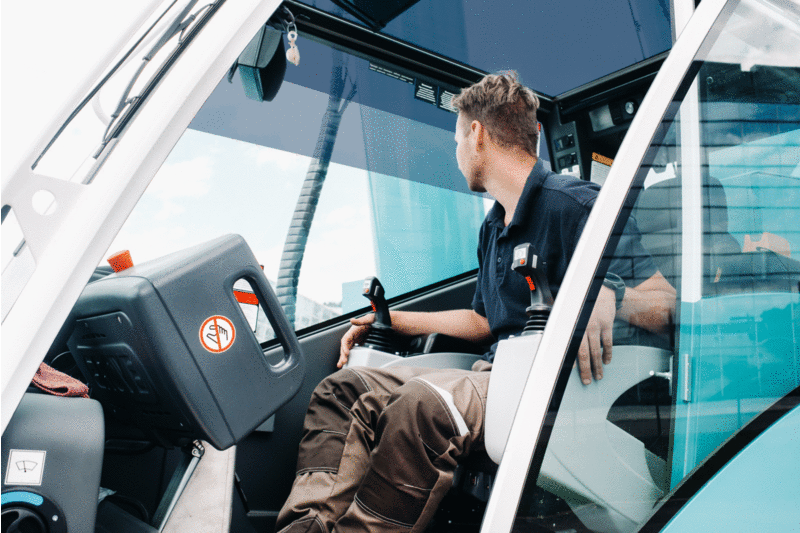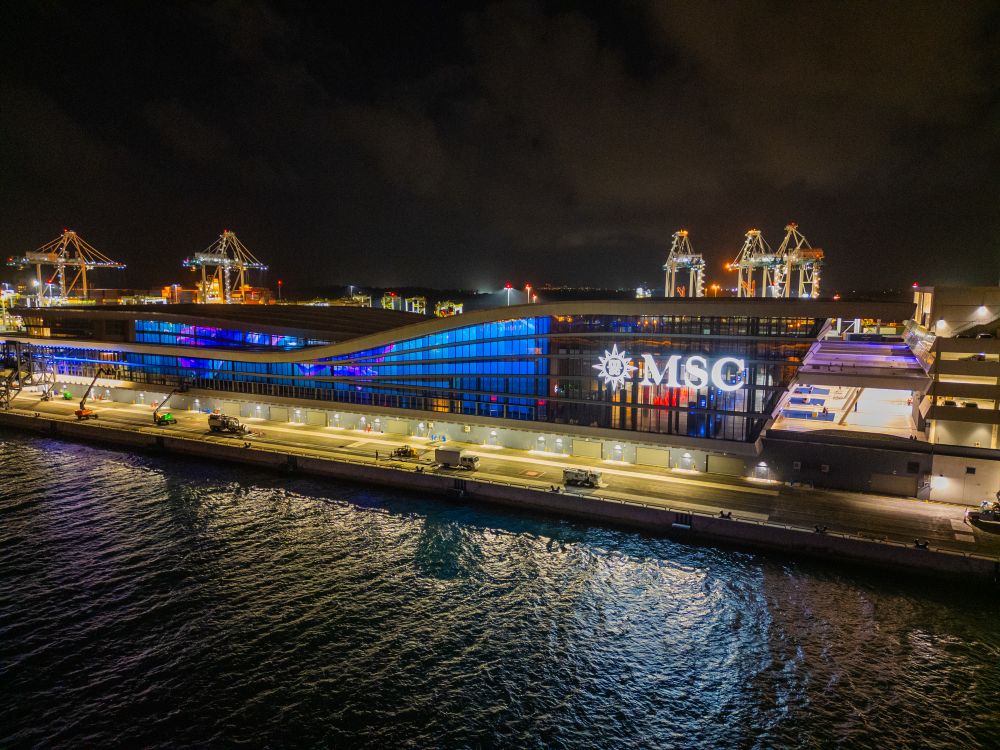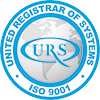Port cranes play a crucial role in global logistics, facilitating the loading and unloading of cargo from ships. The operators of these massive machines often work in demanding environments, facing variable weather conditions and visibility challenges. Smart Glass, also known as switchable glass or electronically dimmable glass, represents a technological advancement that can significantly improve the comfort, safety, and efficiency in port cranes operations. This article explores the many benefits of this technology for this essential sector.
What is Smart Glass?
Smart glass technologies change their transparency when an electric current is applied. This change is reversible, allowing the glass to transition from transparent to opaque or to various intermediate states for glare and heat control without blocking the view. This technology is already being used in sectors such as architecture, automotive and aeronautics and is now also being introduced in industrial equipment such as port cranes.

1. Enhanced Operator Comfort – Enhanced Visibility
Port crane operators often work in glass cabins exposed to variable and sometimes intense light conditions. Smart glass replaces the need for traditional shutters or blinds and allows for the control of the amount of light entering the cabin, greatly enhancing visual and thermal comfort with glare mitigation and heat regulation. On sunny days, for example, the glass can be darkened to reduce sunlight glare, preventing eye strain and allowing the operator to focus better. Moreover, the sun’s reflection on water can temporarily blind the operator and can also create glare on inside displays. This automatic or controlled light regulation creates a more pleasant working environment, particularly during long shifts. It also allows better visibility for operators, making their work more efficient thus saving time. Workers will also experience greater comfort, as the heat within the cabin is reduced, creating a better environment that also increases productivity.
2. Adaptability to Weather Conditions
Ports are often exposed to harsh weather conditions: fog, intense sun, heavy rain, and more. Dimmable glass allows for quick adaptation to these changing conditions. In foggy weather, it helps prevent reflections on the glass, and in bright sunlight, it can be darkened to reduce glare while still providing a clear view. This flexibility enables cranes to operate efficiently even in difficult weather conditions.
3. Increased Productivity
Improved visibility and enhanced comfort directly translate to increased productivity. Smart glass and electronic dimmable windows help maintain optimal visibility under all circumstances, whether in sunny, cloudy, or artificially lit conditions during nighttime port operations. The ability to quickly adjust the glass’s transparency enables the operator to stay focused on tasks, reducing downtime and improving the accuracy of lifting and unloading operations.
4. Enhanced Safety
Safety is a major concern in ports, where crane operators handle heavy loads in often challenging conditions. Smart glass enhances safety by reducing distracting glare and sudden bright reflections that could impair the operator’s vision. In port environments, where water can create intense reflections on glass surfaces, dimmable windows help mitigate these reflections, improving visual clarity. Additionally, in case of sudden changes in lighting conditions (such as alternating between illuminated and shaded areas), the glass can instantly adjust to maintain optimal visibility.
5. Reduced Energy Consumption
Although dimmable glass requires a low electric current to function, it can indirectly help reduce overall energy consumption in crane cabins. By regulating the heat generated by sunlight, this glass helps maintain a more stable cabin temperature, reducing the need for air conditioning. Lower energy consumption for cooling means reduced operational costs and a smaller carbon footprint, which is especially important in large port facilities where energy efficiency is a priority.
6. Durability and Longevity
Smart glass also protects the interior of cabins from UV rays, which can degrade materials over time. By limiting UV exposure, this technology helps extend the lifespan of equipment inside the cabins, reducing the need for maintenance. Better protection of internal components translates into long-term cost savings and greater crane durability.
Gauzy’s PDLC and SPD Solutions: Cutting-Edge Innovation
Gauzy offers two advanced smart glass technologies: PDLC (Polymer Dispersed Liquid Crystal) and SPD (Suspended Particle Device). Each solution provides unique benefits, such as instant switching between clear and opaque states and full control over transparency levels. The PDLC glass can shift to an opaque state , ideal for temperature and glare control, while SPD offers a darker tint for glare and heat reduction. These technologies can be segmented for more precise control, allowing operators to adjust specific sections of the glass. Control can be handled manually from the dashboard or automatically via light sensors, optimizing ergonomics without taking hands off the controls.
SPD and PDLC technologies both work to enhance port crane cabin functionality, offering versatile solutions for visibility, function, safety and optimal comfort. For instance, these smart glass options can replace traditional sun visors on windshields, reducing glare by dynamically adjusting tint levels. They also help regulate temperature and light inside the cabin, whether installed on rooftops or side windows, minimizing heat and glare in bright conditions. As the only leading supplier of both SPD and PDLC solutions, Gauzy provides innovative smart glass technologies trusted by industries worldwide to improve performance in aircraft, buildings, vehicles, and more.
Smart glass represents a true innovation for the port industry. By enhancing comfort, productivity, safety, and providing better adaptability to weather conditions, this smart technology proves particularly beneficial for port cranes. As ports continuously seek to optimize operations and reduce risks, the integration of smart glass can play a key role in achieving these goals.
Adopting this innovation now will help ports improve their operational efficiency and precision while offering a safer and more comfortable working environment for crane operators.









